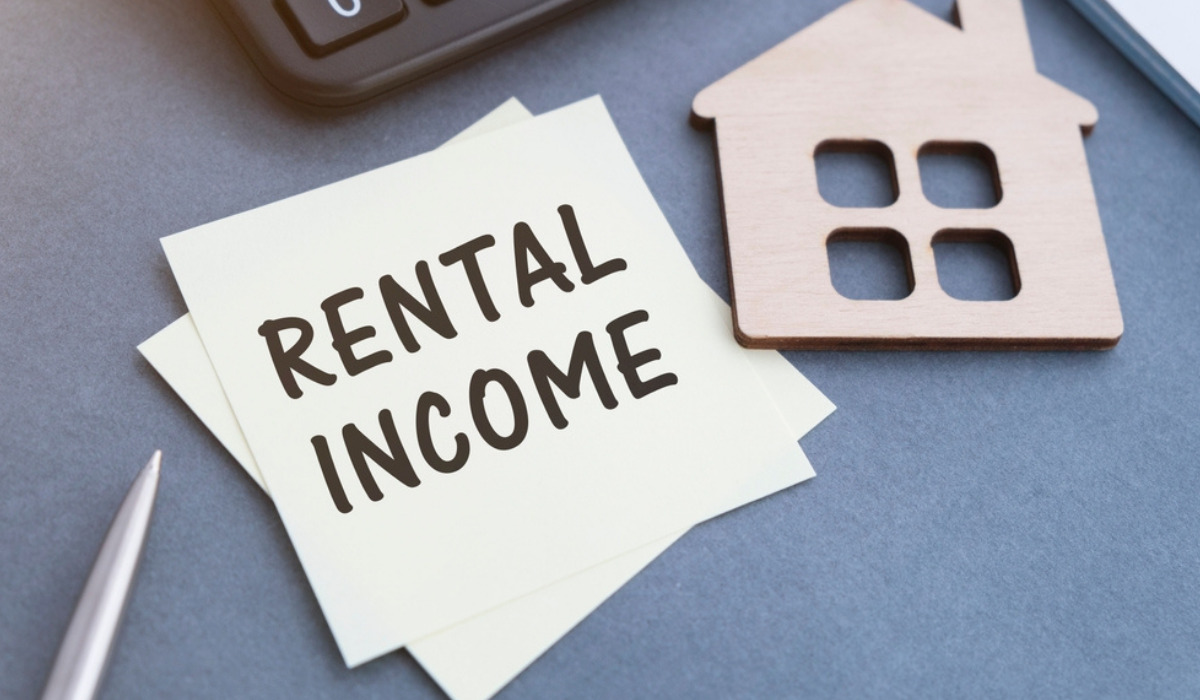
The goods and services tax law in India treats renting of commercial as well as residential property as a supply of service if the premises are being used for commercial purposes. As a result of this, GST is levied on this service.
GST on rent vs GST on rental income:
Note that GST on rent and GST on rental income are different. GST on rental income is applicable when a landlord receives an annual rent of Rs 20 lakh. And effectively becomes liable to pay GST on rental income.
GST on rent, on the other hand, is the tax liability on the tenant if they are a GST-registered entity. And using a residential property for business purposes. In simpler terms, GST on rental income is paid by the landlord while the GST on rent is paid by the tenant.
This also means that in a scenario where a residential property is let out for business purposes to a GST-registered person, and where the GST-registered landlord is earning an annual rental rent of Rs 20 lakh. The landlord as well as the tenant will have to pay 18% GST, taking their mutual GST liability at 36%.
2. Rental Income Threshold under GST:
- The threshold for paying GST on rental income is an annual income of Rs 20 lakh or more for service-providing businesses, up from the previous limit of Rs 10 lakh. For non-service businesses, the threshold stands at Rs 40 lakh per annum.
3. GST on Sublet Residential Properties:
- Renting residential properties to business entities that further sublet them to educational institutions attracts GST on rent, according to a ruling by the Andhra Pradesh Appellate Authority for Advance Rulings (AAAR). This ruling highlights the complexity of GST applicability in subletting scenarios.
4. GST on Renting Commercial Property:
- If the landlord is GST-registered, an 18% GST on rent applies to commercial properties. However, GST does not apply if the landlord is not registered under GST.
5. Input Tax Credit (ITC) on GST on Rent:
- GST-registered tenants can claim input tax credit on the GST paid on rent under the reverse charge mechanism. However, certain restrictions apply, such as the inability to claim ITC for services consumed for personal purposes.
6. Clarifications on Input Tax Credit:
- A recent ruling by the Tamil Nadu Authority for Advance Ruling (AAR) allows ITC on GST paid on upfront lease premiums, particularly for construction properties categorized as ‘plant and machinery.’ This ruling provides clarity on the availability of ITC in specific scenarios.
Understanding the nuances of GST on rent and rental income is crucial for both landlords and tenants to navigate the tax implications effectively. Compliance with GST regulations ensures transparency and avoids potential penalties. As GST regulations continue to evolve, staying informed and seeking professional advice can help individuals and businesses optimize their tax obligations.
LinkedIn Link : RMPS Profile
This article is only a knowledge-sharing initiative and is based on the Relevant Provisions as applicable and as per the information existing at the time of the preparation. In no event, RMPS & Co. or the Author or any other persons be liable for any direct and indirect result from this Article or any inadvertent omission of the provisions, update, etc if any.
Published on: May 13, 2024
